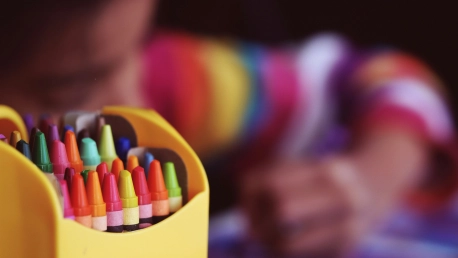Developing stable routines is akin to laying down the psychological and procedural infrastructure on which a child’s life unfolds. In early childhood, the impressionable minds process these routines not just as daily necessities, but as comforting beacons that guide their understanding of the world. Consistency in their day-to-day life is not just about discipline; it extends deeper into how they perceive safety, predictability, and even their sense of self. This level of stability is a key driver for an environment where the roots of development vigorously expand.Within this context, we grapple with various facets of childhood routines that contribute to growth. Does adherence to a timeline encourage a better sleep pattern, hence sharper cognitive function? Or does the repetition of certain social interactions pave the way for a child’s effective communication skills? These are the underpinnings of the discourse on why routines carry an inseparable link to the developmental trajectory of young children.
Importance of Predictability
The foundation of any routine is its predictability. When a child knows what to expect next, it reduces anxiety and builds a sense of security. These feelings of safety are crucial for children to explore and learn from their environments. A predictable routine clarifies the child’s world, limiting chaos and unpredictability, both of which can be overwhelming for young minds. This sense of order not only fosters independence but also enhances their ability to focus, giving the child room to concentrate on learning new skills and information rather than worrying about what’s coming next.Moreover, by providing an anchored timeline, children can anticipate and prepare for transitions between activities. This minimizes resistance and cultivates adaptability—qualities that are influential in all aspects of learning and development. As children grow older, the stability that stems from predictable routines can translate into strong time management and organizational skills, building blocks for academic and personal success.
Roles of Caregivers and Educators
Caregivers and educators are essential in building and maintaining stable routines for children. By being consistent in their actions and expectations, they enable the successful establishment of these routines. Their roles are pivotal as they introduce, demonstrate, and ensure adherence to these structures, influencing how effectively children adapt to and gain from them. Steadfastness and patience from caregivers are vital, fostering a sense of security and self-assurance in kids.When caregivers and educators work in harmony, they strengthen routines, essential for all-around stability. Coordination between home and school routines helps children navigate between environments effortlessly, reinforcing their learning and routine adherence. This united approach ensures children perceive their world as predictable and manageable, maximizing the benefits of routines for their development.









